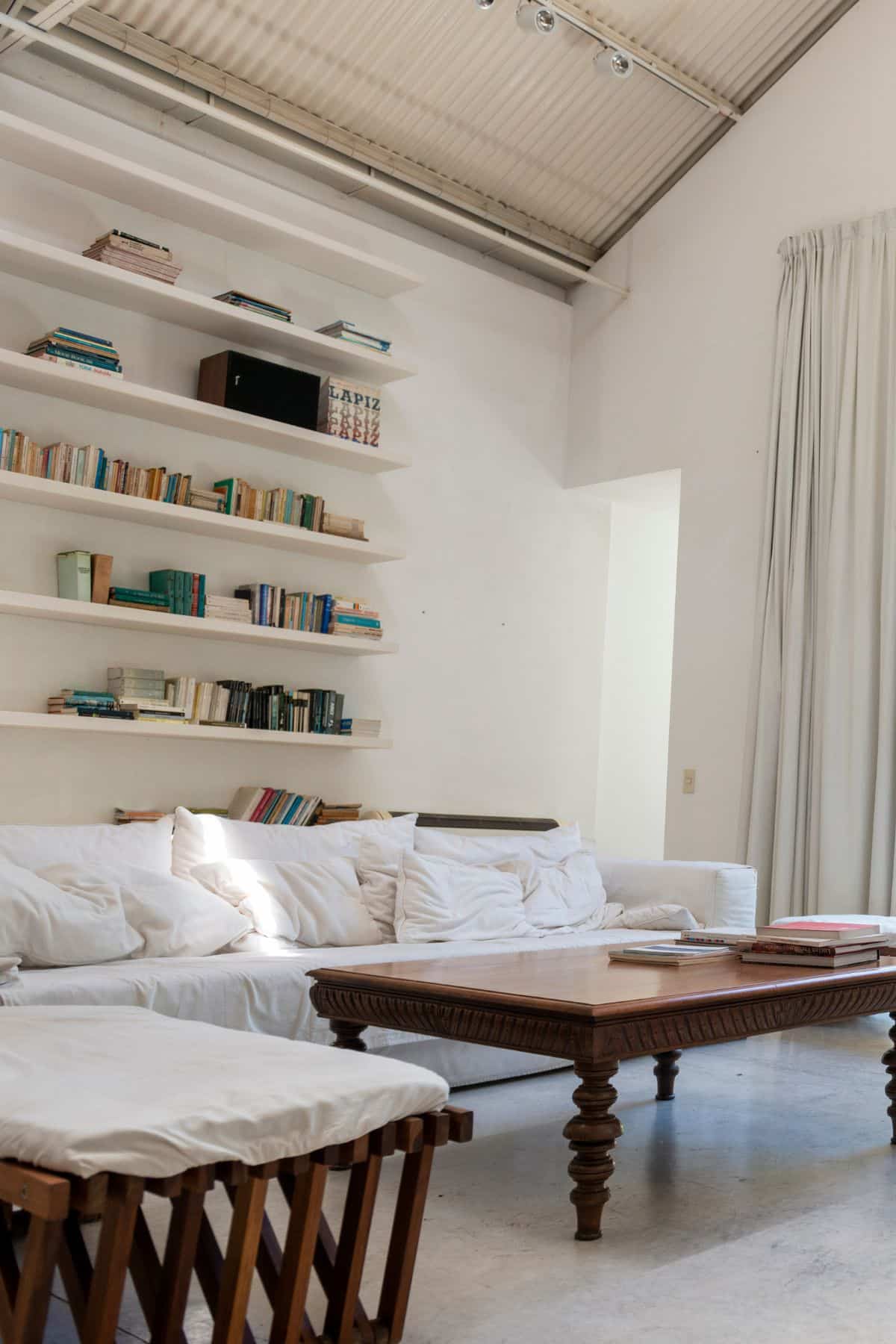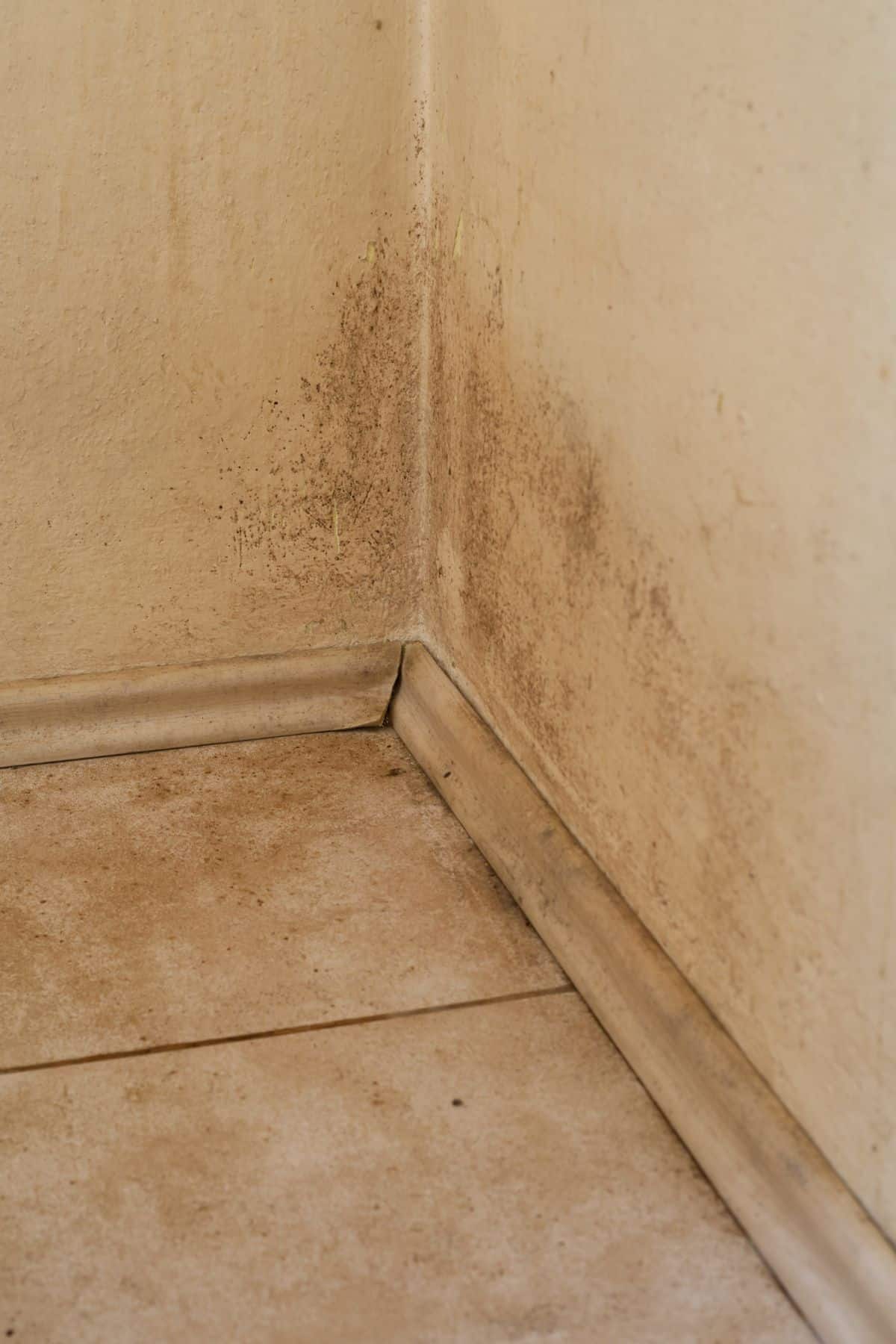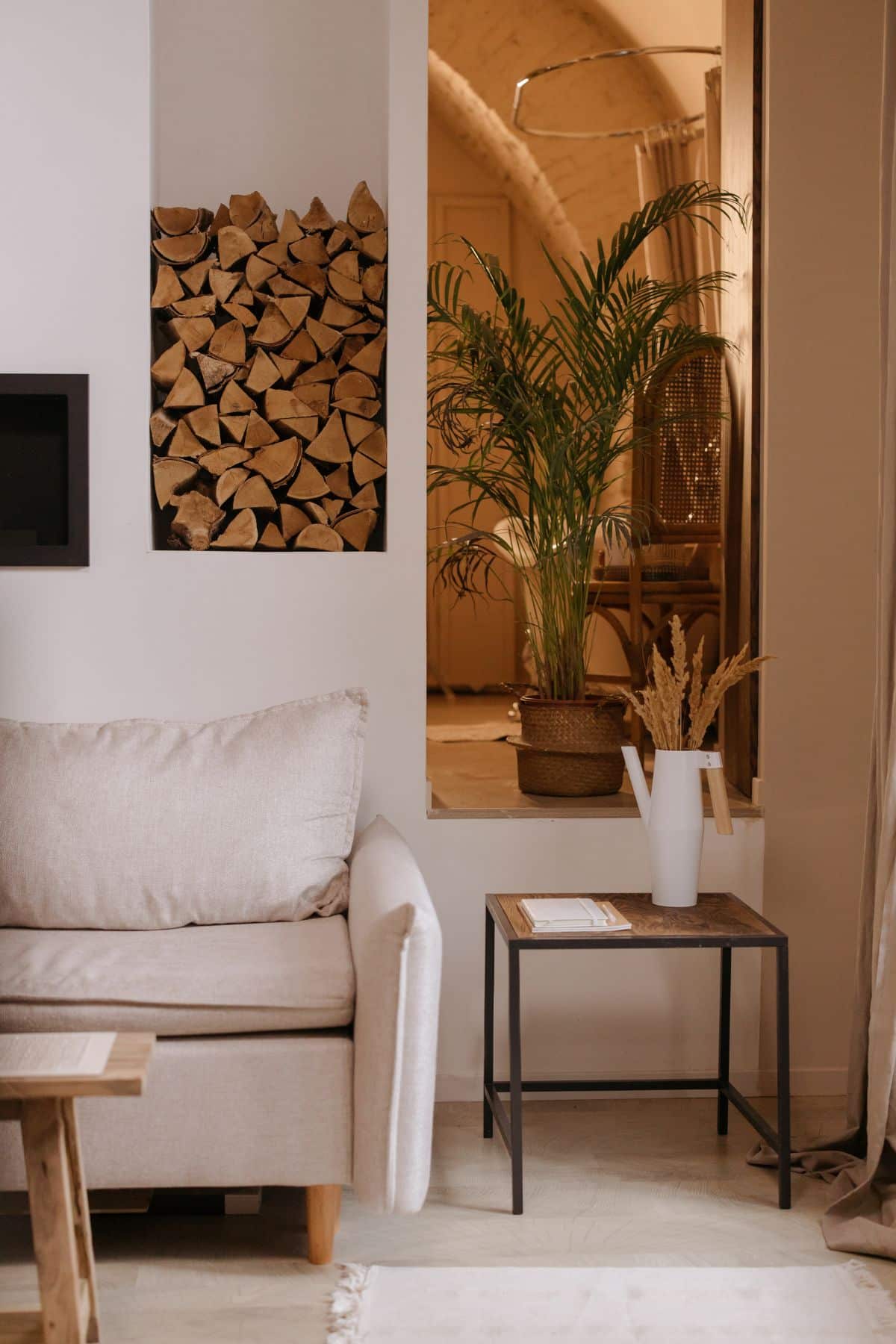
When you hand over the keys to your first tenants, it’s a strange feeling. You’ve put time, money, and probably a fair bit of stress into getting the property ready, and now you’re trusting other people to live in it and look after it. It’s perfectly normal to feel a bit anxious.
You want to do things properly, you want your tenants to be comfortable, and you don’t want to spend every weekend dealing with phone calls about boilers or leaks.
The reality is that being a landlord isn’t just about collecting rent, it’s about keeping the property in good shape and treating tenants fairly so that the whole arrangement runs smoothly.
If you get the basics right, most of the rest falls into place.
Stay on Top of Maintenance
The single most important thing you can do as a landlord is stay ahead of problems before they turn into bigger headaches. This is where planned preventive maintenance is so valuable. It’s much easier – and usually cheaper – to get things serviced or repaired regularly than it is to deal with a full breakdown.
A boiler check once a year, making sure gutters are cleared, keeping an eye on potential damp patches, and checking smoke alarms all sound boring, but they save a lot of hassle in the long run.
Tenants really notice when things are looked after. If the heating works properly, the hot water is reliable, and the property feels safe and functional, they’ll feel settled. If things keep going wrong and it takes weeks to sort them out, they won’t stick around. Think of it as protecting both your property and your relationship with the people living in it.
Good Communication Goes a Long Way
A big part of being a landlord is just being easy to deal with. Tenants don’t expect you to be available 24/7, but they do expect a reply when they raise an issue.
Even if you can’t fix the problem immediately, letting them know you’ve received their message and that you’re on it makes a huge difference. Silence is what really frustrates people.
It helps to be clear from the beginning about how tenants should get in touch with you, how quickly you’ll usually respond, and what sort of issues they should expect you to handle. Setting those expectations stops misunderstandings later on.
At the end of the day, if you come across as reasonable and approachable, tenants are more likely to treat you the same way.
Deal with Mould Properly
Mould is one of those things that landlords dread, but it’s something you need to take seriously. It’s not just a cosmetic issue – it can affect health, and once it takes hold, it can damage walls, furniture, and fittings.
Painting over it or wiping it away with bleach won’t solve the underlying cause. The only way to deal with it properly is to have professionals professionally remove mould and sort out what’s causing it in the first place, whether that’s poor ventilation, a leak, or condensation problems.
Prevention is just as important as fixing the problem. Make sure bathrooms and kitchens have good ventilation, encourage tenants to open windows when possible, and keep an eye on any areas where damp could appear.
If tenants see that you’re proactive about issues like this, they’ll trust that you’re serious about their wellbeing as well as the condition of the property.

Put Effort into the Tenancy Agreement
It’s not the most exciting part of being a landlord, but a clear tenancy agreement will save you from countless headaches. It should set out exactly what’s expected from both sides: how and when rent is paid, how repairs will be dealt with, what the tenants are responsible for, and what you’re responsible for.
Being upfront and clear at the start avoids disputes later. Tenants like to know where they stand, and you’ll be grateful you put the effort in if any problems arise.
A fair agreement builds trust, and tenants who feel they’re being treated fairly are far more likely to respect the property and the arrangement.
Presentation Makes a Difference
People want to feel at home where they live, and the way the property looks when they first walk in really matters. A lick of paint, clean carpets, working appliances, and some decent light fittings don’t cost much, but they leave a strong impression. Tenants will assume that if you care about how the property looks, you’ll also care about keeping it in good condition.
Leaving a property looking half-finished or tired will only make tenants feel less inclined to look after it. On the other hand, if the space feels fresh and cared for from day one, they’re much more likely to keep it that way. It’s a small investment that pays off over time.

Respect Their Privacy
It’s easy to forget that even though you own the property, while tenants are living there, it’s their home. You do have the right to carry out inspections and repairs, but you should always give proper notice and avoid just turning up.
Respecting their privacy isn’t just about following the rules – it’s about showing them that you see them as people, not just rent payments.
Tenants who feel respected are far more cooperative. They’ll let you know about problems sooner, they’ll be more willing to work with you on inspections, and the whole relationship will be smoother. It’s one of the simplest but most effective things you can do.
Think Beyond the Short Term
A lot of new landlords focus on the month-to-month side of things: rent coming in, bills going out, repairs being done. But the real goal should be stability.
Happy tenants stay longer, which means fewer void periods and less time and money spent advertising, showing the property, and going through the hassle of new contracts.
Looking after your tenants and your property isn’t just about being nice – it’s about making your life easier and protecting your investment. When you think long-term, the small efforts you make now save you time, stress, and money down the line.
Your first time as a landlord can feel like a steep learning curve, but it doesn’t have to be overwhelming. Keep up with maintenance, be clear and fair, deal with issues like mould properly, and treat your tenants with respect.
Do those things consistently, and you’ll find that most of the challenges people warn you about never become major problems. Happy tenants make for a happier landlord, and that’s really what it comes down to.
